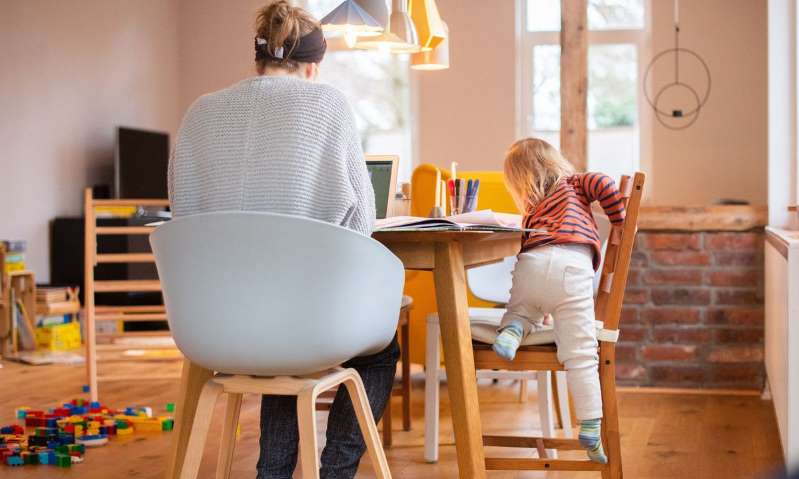![Home office only voluntarily and really only in the apartment [premium]](/wp-content/uploads/2021/02/home-office-nur-freiwillig-und-wirklich-nur-in-der-wohnung-premium-6d1cd91.jpg)
Vienna. The announced draft law for working in the home office is here. It has been on the parliament website since Tuesday, and the review period lasts until February 19, which is just four days.
The basic principle of the regulation is voluntariness: Home office can only be mutually agreed between employer and employee. There should be neither a right of the employee nor a right of the employer to arrange home office. According to the explanations, the agreement of a unilateral reservation of instructions by the employer as to whether home office is carried out at all should not be permitted. But it should be possible to conclude company agreements that regulate working in the home office.
According to the draft, the employer has to provide the necessary digital work equipment – or at least to bear the “reasonable and necessary” costs. Flat-rate compensation is also possible. There are special tax rules for this: Work equipment provided by the company does not result in any taxable benefit in kind for the employee. And for amounts that the employer pays to cover home office costs, up to three euros per day should be tax-free – but only for a maximum of 100 days in a calendar year. If this maximum is not exhausted, the employee can claim the difference as income-related expenses.
Employees can also claim expenses for an ergonomic workstation – desk, swivel chair, lighting – of up to EUR 300 per year as business expenses. The prerequisite for this, however, is that you work exclusively at home at least 42 days a year. This should already apply to the assessment year 2020, with the amount then being divided equally between 2020 and 2021.
Who is liable for damage?
A new regulation is also being introduced in the Employer's Liability Act (DHG): In future, this should also apply to damage caused to the employer by a relative or a pet living in the same household as the employee. Such damage is assigned to the employee. This would come into play, for example, if the child – or the cat – sweeps the business laptop off the desk.
It is also permanently stipulated that accident insurance cover also applies when working at home. Controls by the labor inspectorate will of course not be possible in the same way in the home office: control bodies may only enter a private apartment with the consent of the employee.
Initial reactions from lawyers are mixed – not only because of the extremely short review period. Labor law expert Anna Mertinz considers the restriction to work in the apartment to be “difficult”: “The future is telework,” says the lawyer, referring to models such as “Working from anywhere”, co-working spaces and other forms of the dislocated Work that is completely disregarded in the design. In general, it is not a big hit, she says.
And the principle of voluntariness – without exception for extreme situations like the current one? This decision of the legislature should be respected, says Mertinz. It is all the more important, however, that employers and employees find viable solutions for the time of the pandemic “taking into account mutual interests”.
In other words: Whenever possible, you should agree to work from home – as the Regulation on Measures also provides. To prevent Covid clusters in the office. And to avoid scenarios in which companies even have to release their employees from work.

